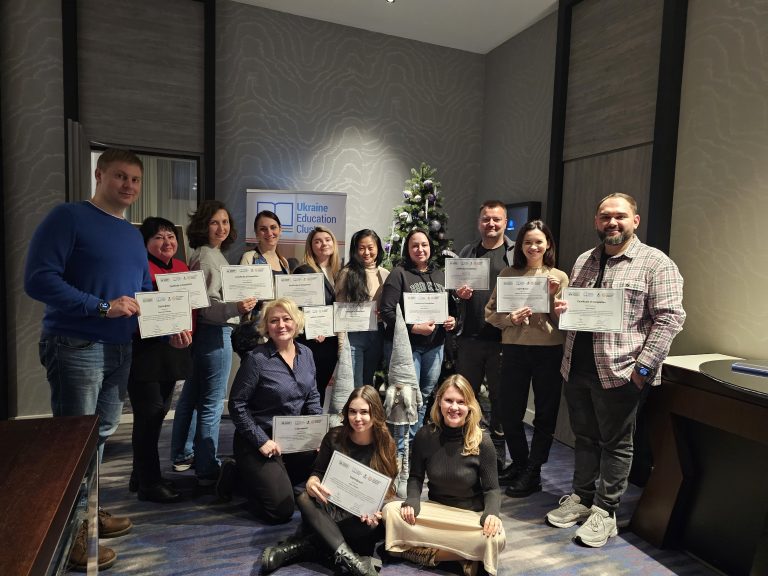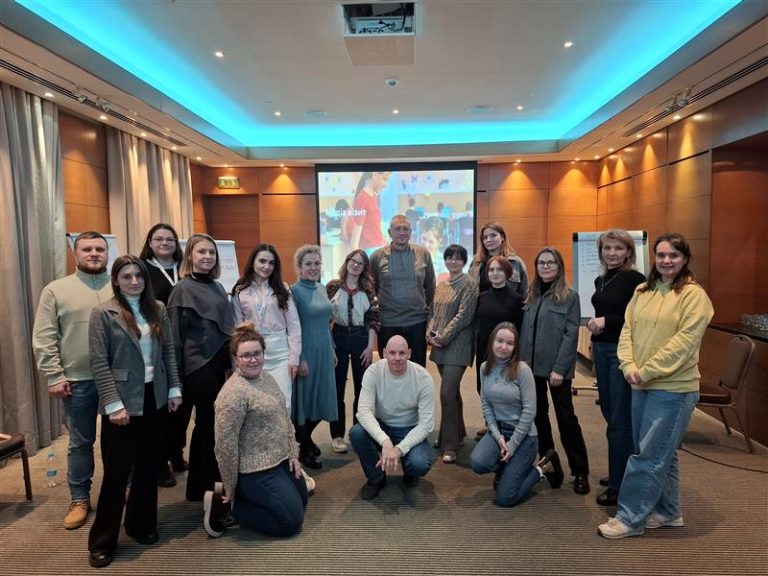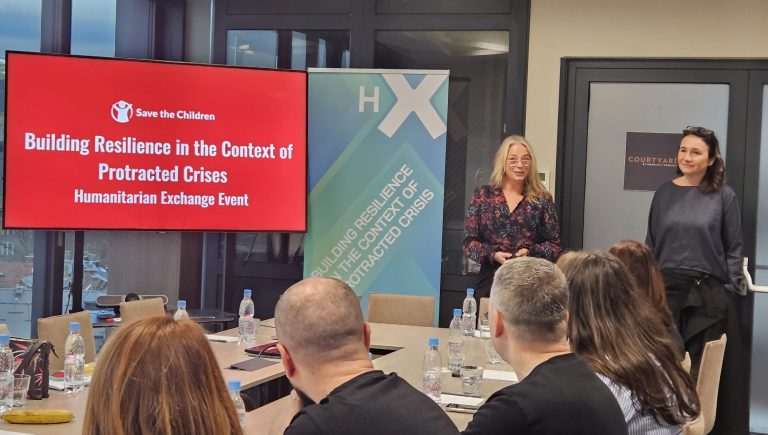On 7-8 August, we organised Education in Emergencies (EiE) Fundamentals training in Odesa, Ukraine. The training was delivered in Ukrainian to 16 attendees, representing local NGOs operating close to the frontline. The participants shared positive feedback, underlining the importance of understanding how the national education system and local practitioners can cooperate with the humanitarian sector and international organisations to provide the best support to the local communities.
The participants highlighted their main takeaways from the training:
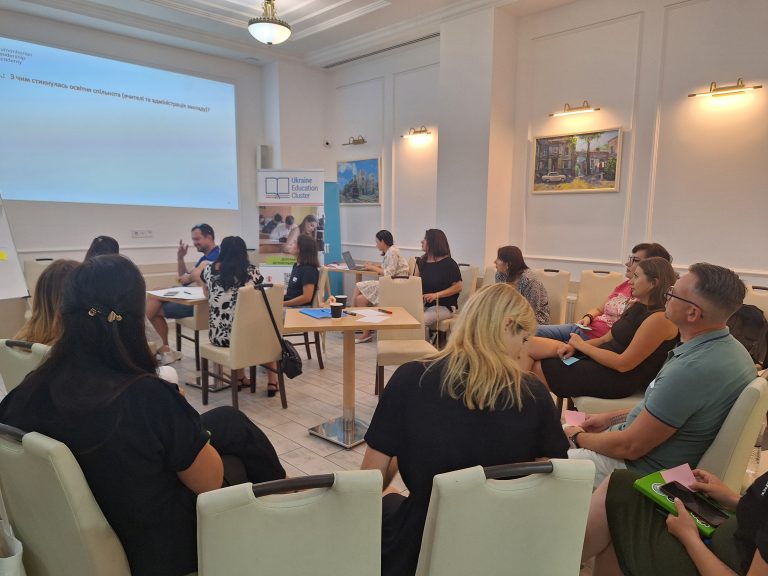
I learnt more about education standards and understood the principles of the humanitarian sector more clearly.
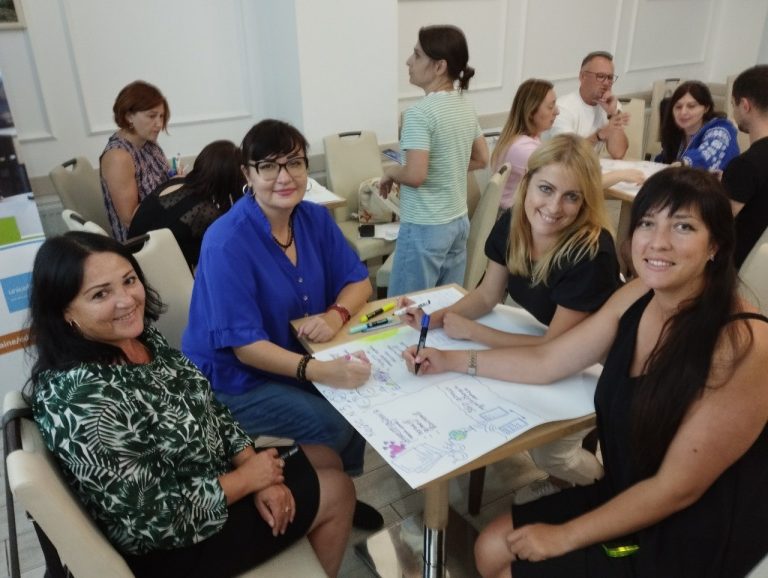
Practical cases and the space for cooperation and networking
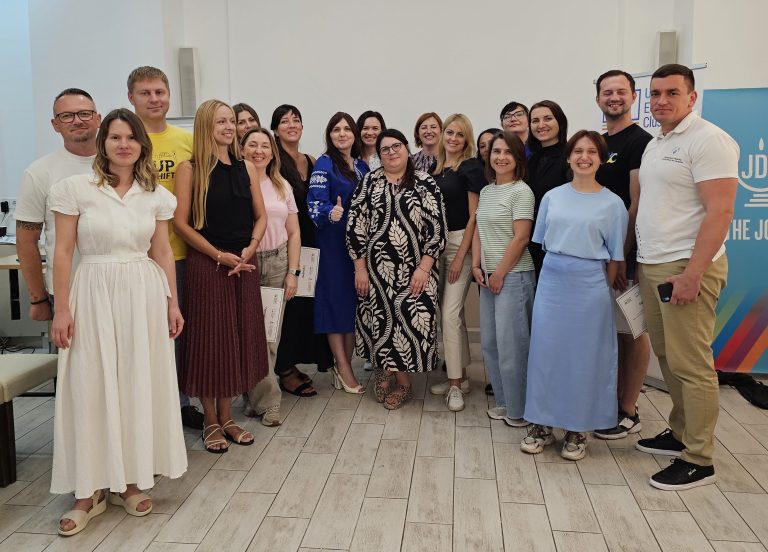
Needs assessment is a crucial element of the response. Cross-sectoral engagement enhances coordination. The Minimum Standards Map is a great tool!
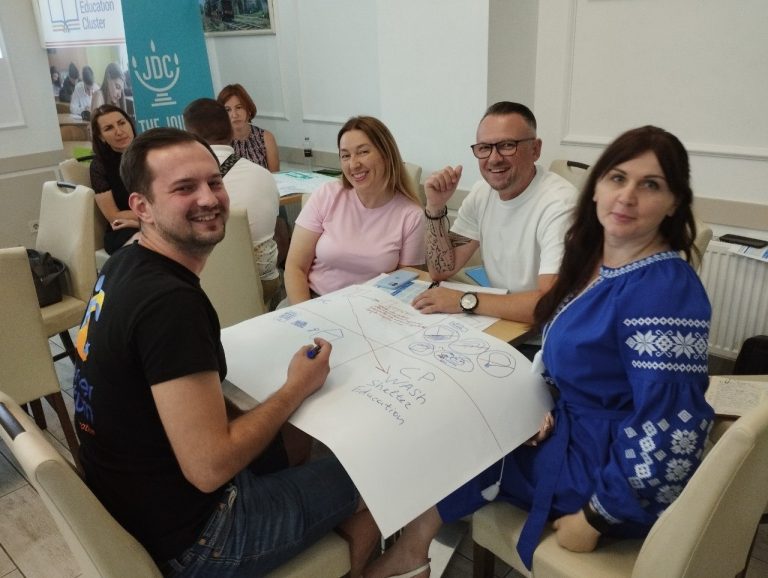
Knowledge of INEE [Inter-agency Network for Education in Emergencies] standards. Important factors to influence the continuity of education in an emergency. Humanitarian principles.
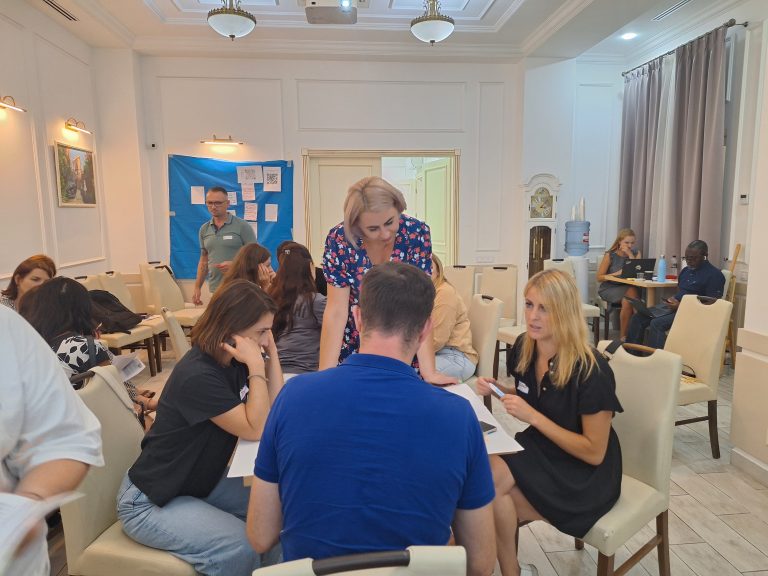
Mechanisms to ensure the restoration of education through the support of international organisations. Networking, communication, and interaction are our everything.
A pool of facilitators from the National Education Cluster, with support from the Humanitarian Leadership Academy and in close cooperation with Save the Children International Ukraine Country Office, developed this face-to-face training. The content was tailored to the needs of the practitioners of the South sub-cluster of the National Educational Cluster and included practical tasks.
Partners from the South demonstrated interest in the content of the training, it appeared that almost all topics were new for the partners, which is not surprising as they just started working in the humanitarian environment. INEE minimum standards, humanitarian principles, barriers to access to education were the most useful topics for the partners… It is always useful to see the difference between the regions of the country and it is very transparent through the activities of partners.
This in-person training also created a space for sharing experiences, expanding the network of partners, which will help inform local organisations about possible opportunities for partnership and development. It is part of the EiE Professional Development Programme that aims to equip practitioners with the necessary knowledge and tools needed to implement education projects in their regions effectively.
